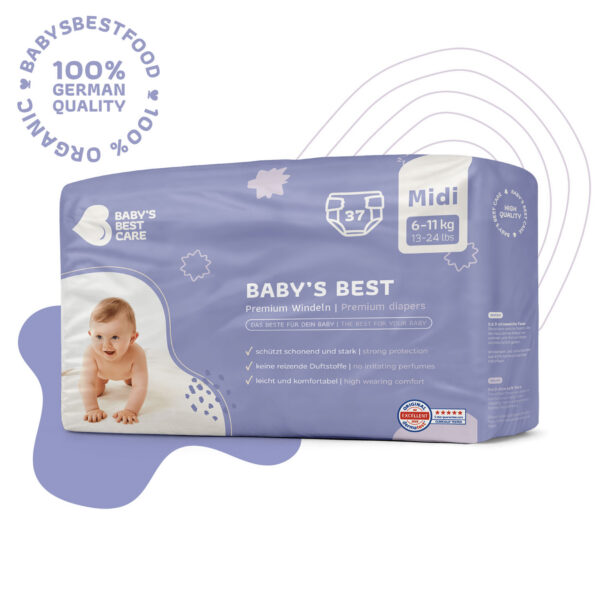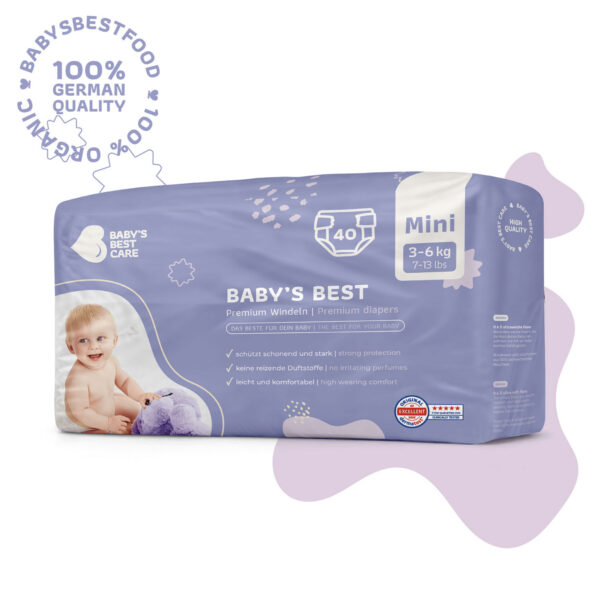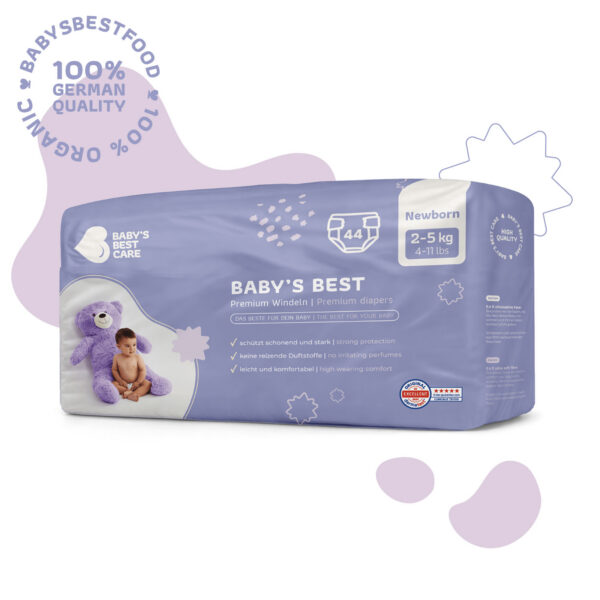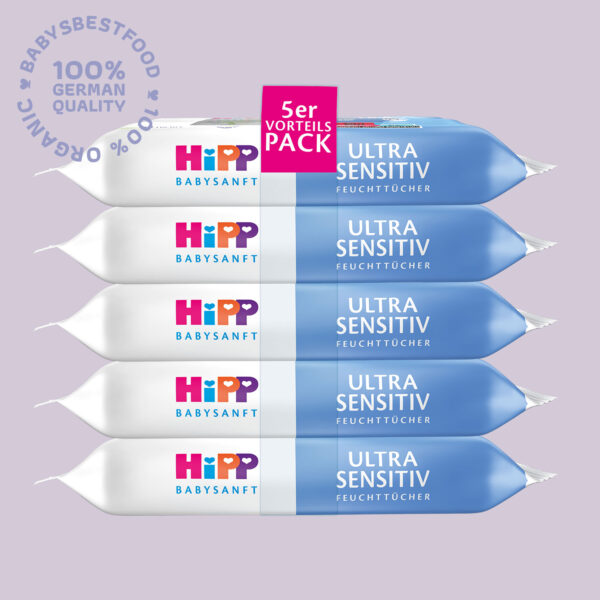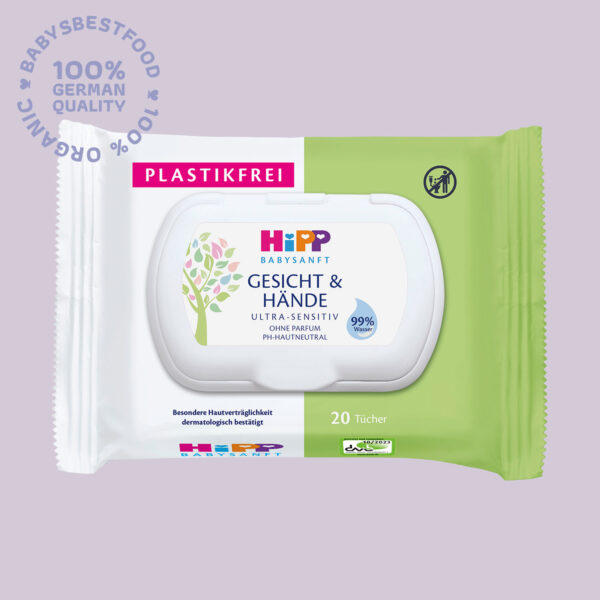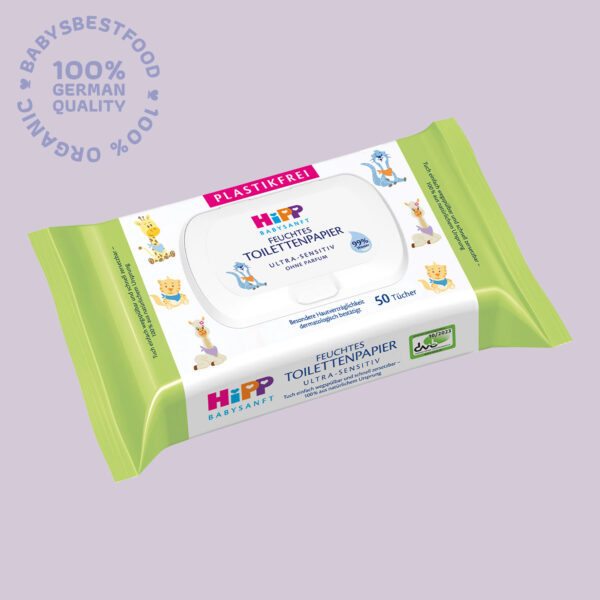The Growing Importance of Sustainable Baby Food
In recent years, sustainability has become a significant concern for parents, particularly when it comes to baby food. As young parents increasingly prioritize the health of their babies and the well-being of the planet, the demand for sustainably produced baby food has surged. Sustainable baby food refers to products made with eco-friendly practices, including the use of organic ingredients, reduced carbon footprints, and ethical sourcing.
Choosing sustainable baby food means opting for products that are not only nutritious for your child but also better for the environment. Conventional baby food production often involves practices that can harm the planet, such as excessive use of pesticides, water waste, and harmful packaging. By choosing sustainable options, parents can contribute to a healthier planet while providing their babies with wholesome, natural nutrition.
Understanding the Environmental Impact of Baby Food Production
The environmental impact of baby food production is a critical factor that parents need to consider. Traditional farming methods, which rely heavily on chemical pesticides and fertilizers, can lead to soil degradation, water pollution, and loss of biodiversity. Moreover, the production and transportation of baby food often involve significant carbon emissions, contributing to climate change.
Sustainable baby food producers strive to minimize these environmental impacts by adopting practices such as organic farming, which avoids the use of synthetic chemicals and promotes soil health. They also focus on reducing energy use and greenhouse gas emissions throughout the production and supply chain. Additionally, sustainable brands often prioritize eco-friendly packaging, using materials that are recyclable or biodegradable, reducing the burden on landfills.
By supporting these sustainable practices, parents can help reduce the overall environmental footprint of baby food production, ensuring a healthier planet for their children to inherit.
Discover our organic formula
The Health Benefits of Choosing Sustainable Baby Food
Sustainability in baby food isn’t just about protecting the environment; it’s also about safeguarding your baby’s health. Organic and sustainably produced baby foods are typically free from harmful pesticides, artificial additives, and genetically modified organisms (GMOs), which can be found in conventional baby food. These unwanted substances can pose risks to a baby’s developing immune and digestive systems, leading to potential long-term health issues.

Sustainable baby foods are often made with high-quality, natural ingredients that retain their nutritional value, providing essential vitamins, minerals, and antioxidants that are crucial for a baby’s growth and development. By choosing organic and sustainably sourced ingredients, parents can feel confident that they are offering their children the purest form of nutrition, free from harmful contaminants.
Moreover, sustainable practices often extend to the treatment of animals in the production process. For example, baby foods that include dairy or meat products sourced from farms that practice humane and ethical animal treatment are less likely to contain hormones or antibiotics, further ensuring the safety and quality of the food.
Choosing the Right Formula Stage
The premium European brands we carry, such as Kendamil, Holle and HiPP, ensure that newborns or toddlers get exactly what they need during this stage of their development. We carry the following five stages:
Stage Pre: Birth to six months of age
Stage 1: Special infant formula from birth to six months
Stage 2: Follow-on formula from six months to 10 or 12 months
Stage 3: Infant formula from 10 or 12 months to 12 or 24 months
Stage 4: Infant formula from 12 months to 24 months
Choose cow’s milk formulas, goat’s milk formulas or special blends for sensitive tummies to ensure your child gets the right nutrients at the right time.

How to Choose Sustainable Baby Food
Selecting sustainable baby food can feel overwhelming given the variety of options available. However, there are a few key factors parents can consider to make informed choices. First, look for European certifications like EU Organic, Demeter, or Bio-Siegel, which indicate that the product meets strict sustainability and organic farming standards. These certifications provide assurance that the food has been produced with environmental and ethical considerations in mind, adhering to the high standards set by the European Union and national bodies.
Another aspect to consider is the brand’s commitment to sustainability. Research whether the company uses renewable energy in its production processes, supports sustainable agriculture, or contributes to environmental conservation efforts. Brands like Holle, HiPP, Kendamil, and Pure Goat are well-known for their commitment to sustainability and offer a range of organic, eco-friendly baby foods. These brands emphasize environmentally responsible practices, from sourcing ingredients to packaging, ensuring that the products are not only nutritious but also produced with minimal impact on the planet.
Parents should also pay attention to packaging. Opt for products with minimal packaging or those that use recyclable, compostable, or reusable materials. This not only reduces waste but also supports the broader goal of sustainability by lowering the product’s overall environmental impact.
Finally, consider the product’s ingredients. Prioritize baby foods that are made with simple, whole ingredients and avoid those with artificial preservatives, colors, or flavors. The closer the food is to its natural state, the better it is for both your baby and the planet.
Key Takeaways
- Sustainability is Key: Sustainable baby food supports both your child’s health and the environment by using eco-friendly practices and organic ingredients.
- Environmental Impact Matters: Choosing sustainable options helps reduce the negative effects of conventional farming and food production on the planet.
- Health Benefits: Sustainable baby food is often free from harmful chemicals, additives, and GMOs, providing safer, purer nutrition for your baby.
- Making the Right Choice: Look for certifications, eco-friendly packaging, and ethical sourcing when selecting sustainable baby food for your child.

Consult a Pediatrician for Nutritional Guidance
Before making any significant changes to your baby’s diet, it’s important to consult with a pediatrician or a nutritionist. They can offer personalized advice based on your baby’s specific health needs and help you navigate the best options for sustainable baby food. Ensuring that your baby receives balanced nutrition is paramount, and with professional guidance, you can confidently choose the best sustainable products that align with both your values and your baby’s well-being.

























